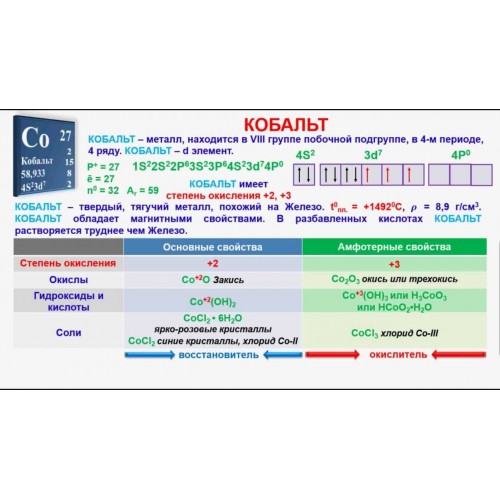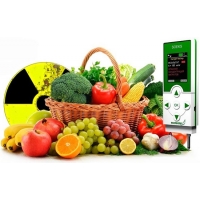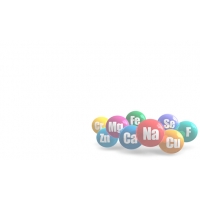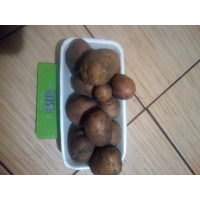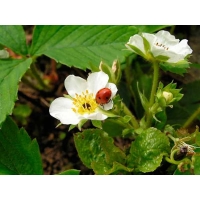Cobalt (Co) is trace element affects the formation of nitrogen-assimilating nodule bacteria in legumes
Cobalt (Co) trace element (required amount for plants up to 12 mg/kg of dry weight), which is an integral part of vitamin B12 and has a positive effect on the formation of nitrogen-assimilating nodule bacteria in legumes; improves the growth and development of plants through the interaction of cell hormones in auxin metabolism; participates in redox reactions, photosynthesis (increases the amount of chlorophyll), synthesis of nucleic acids; promotes the intensity of respiration processes, of the formation of carbohydrates, fats, sugars, vitamins (ascorbic acid) in plants; catalyzes enzymes (in particular nitrate reductase), accelerates the development of vegetative organs, promotes flowering. It can be accumulated in pollen, forms frost resistance, heat tolerance (increases the total water content), enhances resistance to stress factors and diseases, for cereals – resistance to lodging; increases yields , improves the quality of cultivated products; promotes better absorption from the soil of nitrogen, potassium, phosphorus, magnesium and limits access of heavy metals into the organs of agricultural plants. Cobalt can flow freely from leaves to other plant organs, this is an important indicator for foliar application; it interacts with manganese, iron.
Cobalt deficiency: with insufficient amount of cobalt signs similar to nitrogen deficiency appear, at the same time the intensity of physiological and biological processes weakens (growth retardation, plant development recession, nitrogen-assimilating nodule bacteria activity degradation and yield decrease); proteins biosynthesis violation is weakened (cobalt chlorosis – autumn leaf color). Grain and legume crops are most vulnerable to cobalt deficiency in the soil.
Abuse of cobalt nutrition: leads to albescence of crops leaves and their dieback.
Cobalt interinfluence with other elements
| Antagonists (overbalance of one triggers a deficiency of another element) | Synergist (improve mutual properties of each other) | Block the each other interaction (it is not recommended to combine together) |
| – | Mn (manganese), Fe (iron) | – |
List of articles for the category from the blog Minor-nutrient elements
Articles list
Ukraine has an agrarian orientation of the economy and, in the modern context, one of the most perspective areas for agriculture is the use of organic products, based on the application of purely natural components, that the company AGRO.BIO manufactures and offers – concentrated liquid POTASSIC HUMATE, which helps to restore the natural components of the main active environment – the soil – rationally and effectively.
The soil environment does not always contain the enough amounts of nutrients necessary for plant growth and development, but this disadvantage can be improved by additional fertilization, in particular with POTASSIC HUMATE BALLASTLESS made of LEONARDITE produced by AGRO.BIO. It is an ecologically safe multi-nutrient fertilizer and growth stimulator of organic origin for agricultural plants promoting the increase of soil fertility.
In order to make it easier for you to get an understanding of our products, the articles about potassium humate and multicomplexes are uploaded below.
 English
English Українська
Українська Русский
Русский Espanol
Espanol French
French عربي
عربي

